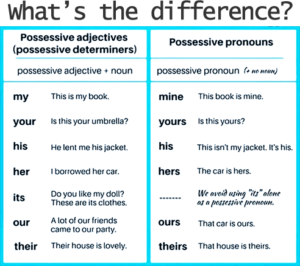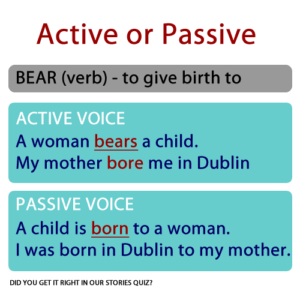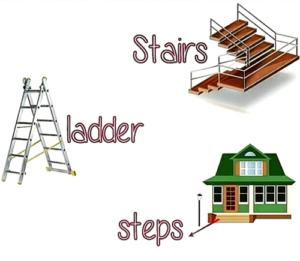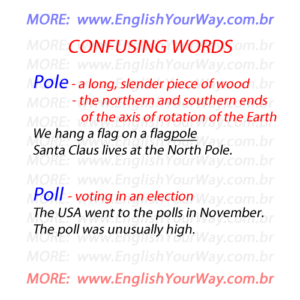It’s easy to confuse these two sets of words because they are very similar but perform different functions. Possessive Adjectives Definition: Possessive adjectives are words that modify nouns to show possession or ownership. List of Possessive Adjectives: Examples: Usage: Possessive Pronouns Definition: Possessive pronouns are words that replace nouns to indicate ownership or possession directly. …
Category: CONFUSING WORDS
Permanent link to this article: https://englishyourway.com.br/difference-between-possessive-adjectives-and-possessive-pronouns/
May 22
A Job vs. Work
Permanent link to this article: https://englishyourway.com.br/a-job-vs-work/
May 22
CONFUSING WORDS: Wait vs. Await
Today, let’s learn the difference between “wait” and “await”. Both words are about staying in a place until something happens, but they are used differently. Here’s a simple guide: Wait Await Key Points to Remember: Practice Try these sentences: Answers: I hope this helps you understand the difference between “wait” and “await”. Keep practicing, and …
Permanent link to this article: https://englishyourway.com.br/confusing-words-await-vs-wait/
May 20
In spite of vs. Despite
“In spite of” and “despite” are very similar in meaning and usage, and both are used to show contrast or opposition to what is expected. Basic Meaning Both “in spite of” and “despite” mean that something happens even though there is something that might prevent it. They are used to express a contrast between two …
Permanent link to this article: https://englishyourway.com.br/in-spite-of-vs-despite/
Dec 04
GRAMMAR – Confusing Words
WHILE and DURING WHILE is a CONJUNCTION that is used to refer to a background period of time in which another activity happened. It is very similar to during, but it is followed by a sentence (while + subject + verb…), so they are not interchangeable. DURING is a PREPOSITION that is used before an …
Permanent link to this article: https://englishyourway.com.br/grammar-confusing-words/
Mar 08
GRAMMAR – Active or Passive (to bear)
The verb “to bear” has a few different meanings in English. to carry – They arrived bearing gifts. to support – The wall can’t bear the weight of the building. to endure – She can’t bear his bad moods. to turn and follow a direction – Bear left at the fork ahead. to give birth …
Permanent link to this article: https://englishyourway.com.br/grammar-active-or-passive-to-bear/
Feb 19
VOCABULARY – Mrs., Ms. & Miss
Miss, Mrs., and Ms. are all very different. Choosing the wrong one can be offensive, so it’s important to understand the difference between the three. REMEMBER: If someone tells you they prefer a particular title, you should use it to address them. Miss, when attached to a name, is a title of respect for a …
Permanent link to this article: https://englishyourway.com.br/vocabulary-mrs-ms-miss/
Jan 27
VOCABULARY – Stairs vs. Steps vs. Ladder
These three words are often confusing for Portuguese speakers. Stairs (escadas) usually connect floors in a building. Ladder (escada) is a moveable structure used for climbing up or down. Steps (degraus) are usually found outside a building, and are also the individual levels on a ladder or stairs. If you have any questions or doubts, please …
Permanent link to this article: https://englishyourway.com.br/vocabulary-stairs-vs-steps-vs-ladder/
Permanent link to this article: https://englishyourway.com.br/confusing-words-vs/
Permanent link to this article: https://englishyourway.com.br/confusing-words-pole-vs-poll/







